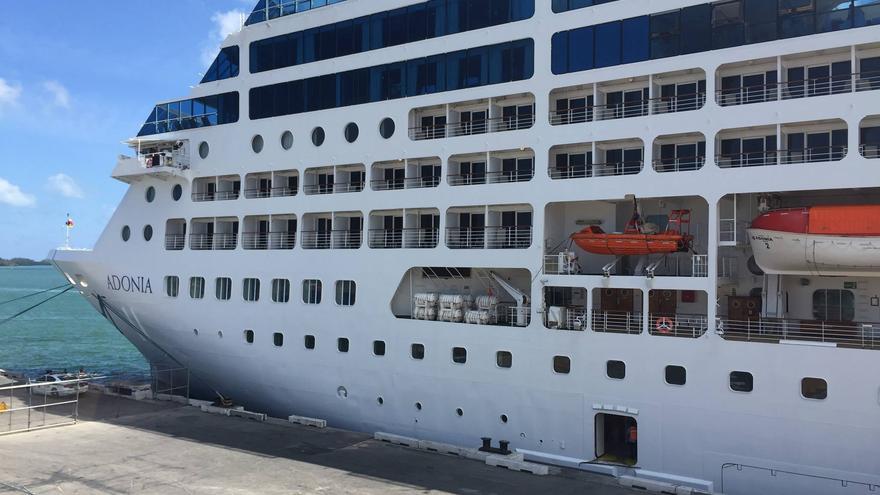
![]() EFE/14ymedio, Miami / Havana, 22 March 2022 — A US federal judge determined that the cruise companies Carnival, Royal Caribbean, Norwegian Cruise Line and MSC Cruises violated the Helms-Burton Act by using ports in Havana that were once confiscated from their owners after the triumph of the Revolution.
EFE/14ymedio, Miami / Havana, 22 March 2022 — A US federal judge determined that the cruise companies Carnival, Royal Caribbean, Norwegian Cruise Line and MSC Cruises violated the Helms-Burton Act by using ports in Havana that were once confiscated from their owners after the triumph of the Revolution.
“By using the Terminal and one of its docks in various ways, Carnival, MSC SA, Royal Caribbean and Norwegian committed acts of trafficking” (usufruct), said a court document by the the Miami federal magistrate Beth Bloom, to which the Spanish agency Efe had access on Tuesday, .
With this decision, the judge sided with the plaintiff, the Havana Docks company, which filed a lawsuit against these four large cruise companies for using the Havana Cruise Port Terminal, also called Sierra Maestra Terminal, which had been confiscated by the Fidel Castro regime.
The plaintiff firm, which operated that terminal until its confiscation, alleges that by using the port facilities the four companies violated Title III of the Helms-Burton Act of 1996.
This title, activated by then President Donald Trump, in 2019, allows US citizens to sue for monetary compensation for the use of properties expropriated from their families and that have been used especially by shipping and hotel companies from third countries.
In his brief, filed in court on Monday, Bloom further notes that the four companies engaged in these acts “intentionally and deliberately.”
Havana Docks alleges that with these activities that occurred between 2015 and 2019, the four companies obtained up to 1.1 billion dollars in income and paid 138 million to Cuban government entities.
The firms defended that their cruises to Cuba were framed under the guidelines established by the US Department of the Treasury within the “thaw” process with Cuba established by the Administration of President Barack Obama (2009-2017), but the magistrate rejected those arguments.
She noted that this was fixed in 12 categories and that they did not include those related to tourism, nor those that could threaten the embargo against Cuba imposed by the United States.
After the judge’s decision, which thus rejected the motions presented by the four companies to dismiss the lawsuit, the case will continue in a jury trial that will begin in May and in which the financial compensation to the plaintiffs must be determined.
This judicial process may have implications for the lawsuits that dozens of Cuban-Americans have filed in United States courts seeking compensation for their assets expropriated by the Revolution.
At least 37 lawsuits against companies, especially tourist companies, many of them Spanish hotel companies, have been filed in United States courts, most of them in Florida, since Title III was activated in 2019, according to the Commercial and Economic Council USA-Cuba.
Trump activated the norm that has allowed these legal processes and that his predecessors, Obama, George W. Bush and Bill Clinton, never wanted because of the legal and commercial implications with third countries.
____________
COLLABORATE WITH OUR WORK: The 14ymedio team is committed to practicing serious journalism that reflects Cuba’s reality in all its depth. Thank you for joining us on this long journey. We invite you to continue supporting us by becoming a member of 14ymedio now. Together we can continue transforming journalism in Cuba.
